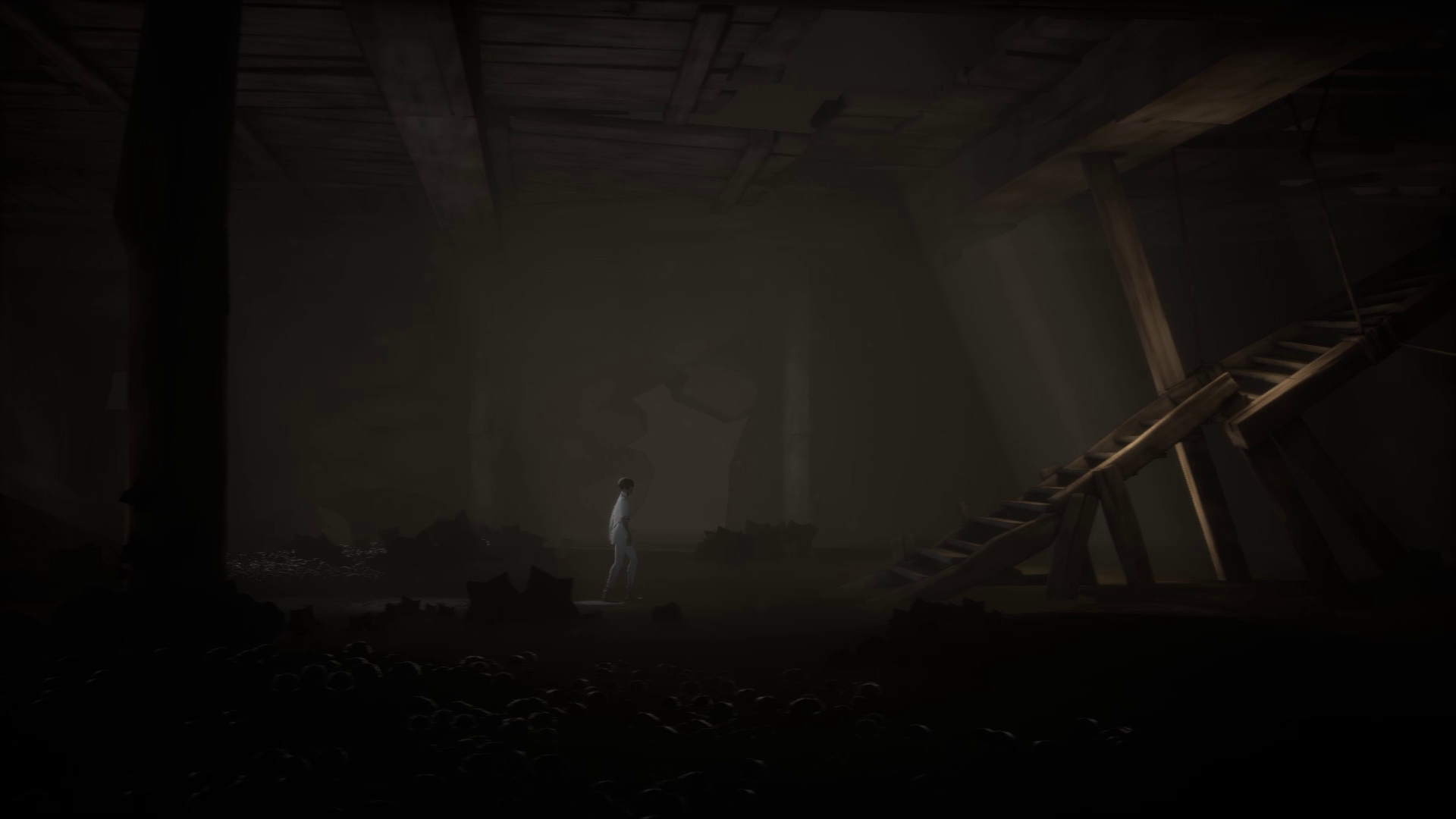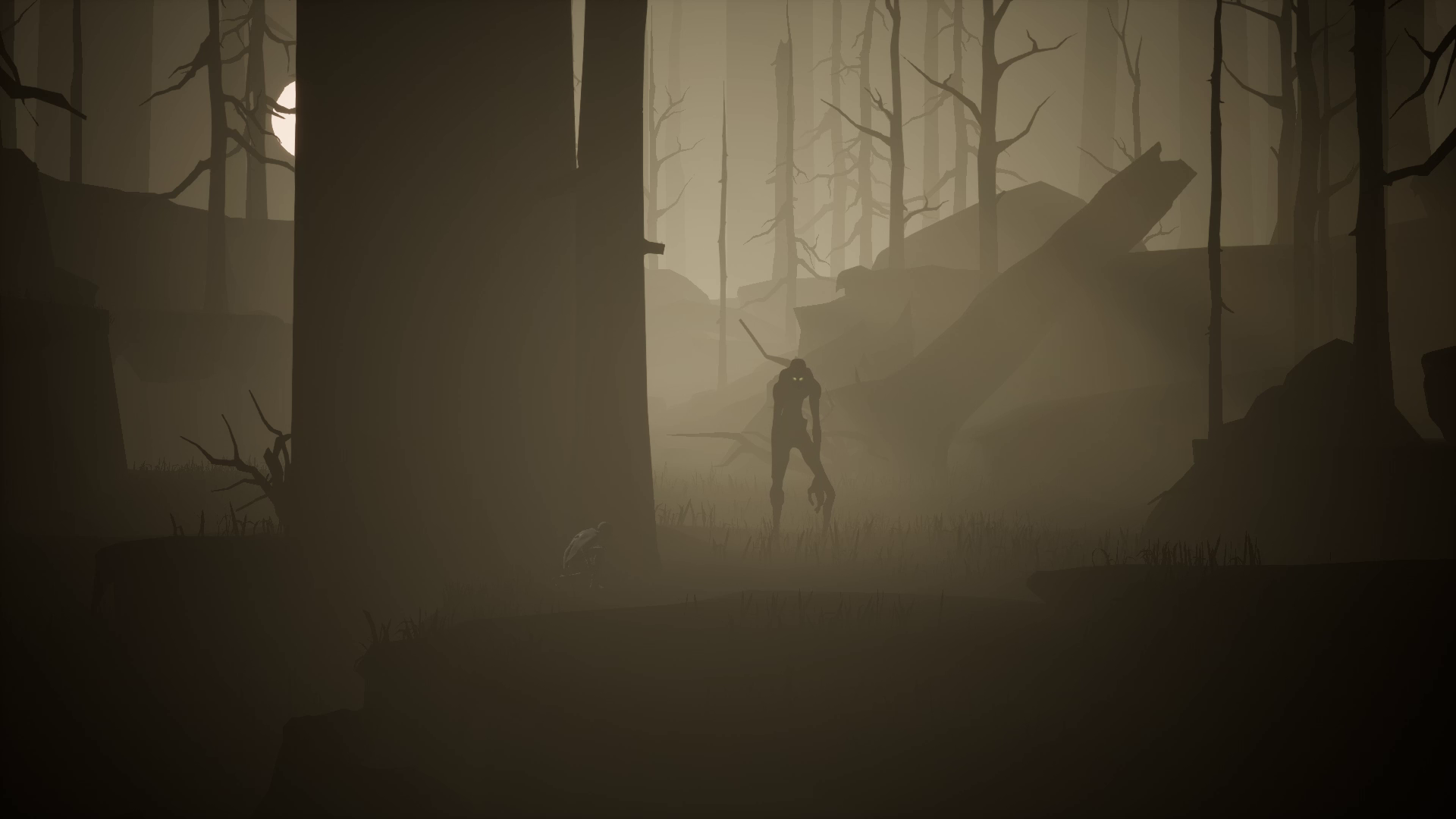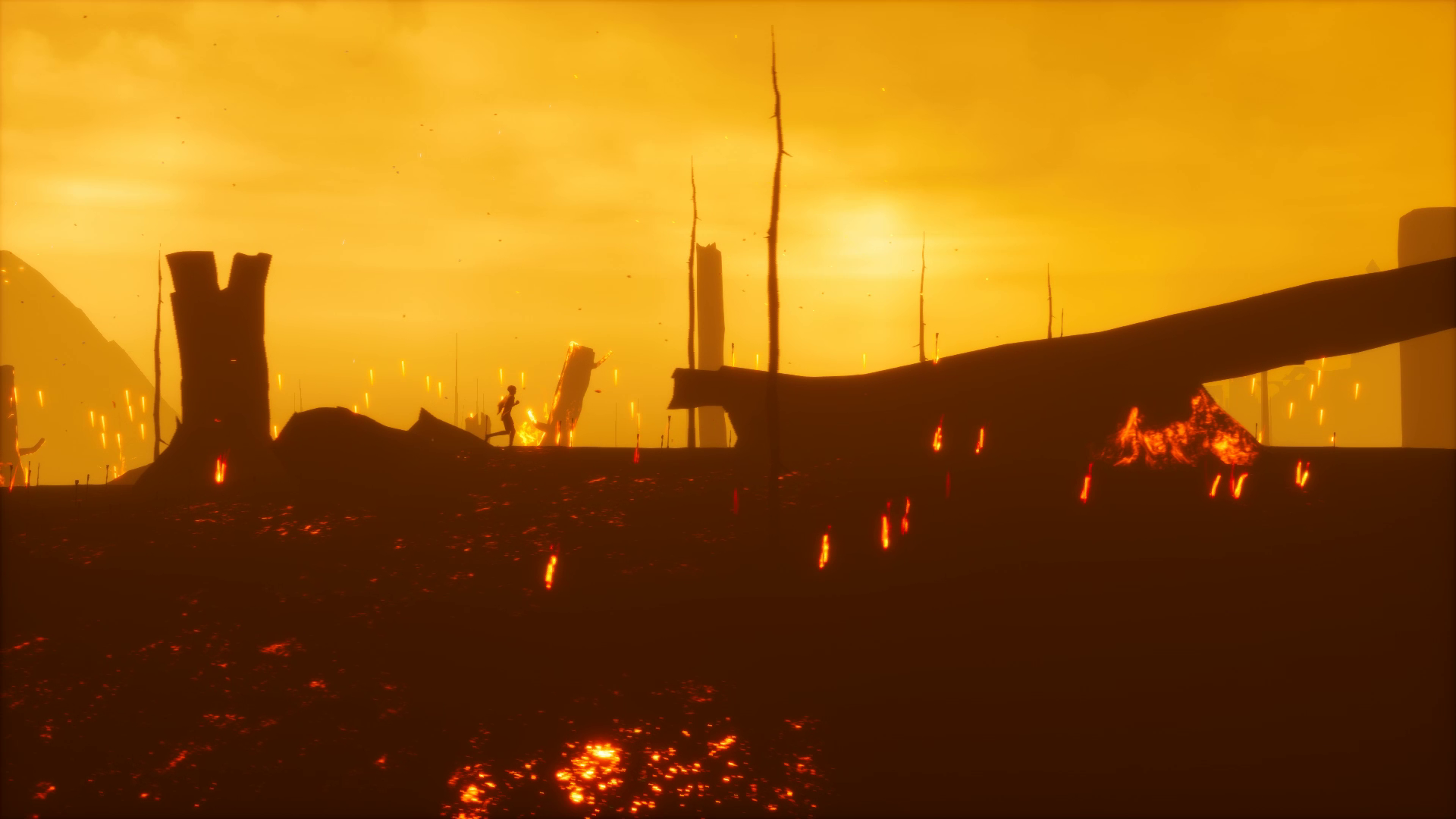Stela Review
Stunning doesn’t cover it

“Cinematic Platformer?” I hear you scoff. But Stela is, indeed, channelling that dubious sub-genre of the 90s. It hits all of the notes: slower, more realistic movements; squishier, vulnerable protagonists; and punishing puzzles resulting in instant death. But that vulnerability, and willingness to kill off players — which was key to older titles like Outta This World, Heart of Darkness and Abe’s Odyssey — is still present in games, it’s just not as polarising as it was back then. Stela is here to remind us of that origin, and it does a fantastic job of it.
When we think of Indiana Jones’ closest encounters, or a video game hero sliding down a slope waiting for the perfect moment to time the jump across a chasm, we juggle adrenaline and genuine concern. In those moments, we are dancing the same dance that was core to the Cinematic Platformer — tension, fear of death and a reliance on the human body working exactly as needed. Those platformers underlined Sonic and Mario’s jumps as unrealistic, they reminded us that humans falter when they land askew, and they made us acknowledge that when you fall from too high, you just don’t get up again.
Stela is a dark, collapsing world. Sadly we never really understand how its human protagonist has managed to survive for so long in a self-consuming world, but maybe that’s for the best because it would likely seem ridiculous. Giant tentacled beasts tear apart mystical, ancient temples; scarab-like beetles swarm to kill anything living that they can see; and lanky, slender man-esque humanoids murder everything they hear. That’s before we get to the dolphin-like creatures which kill anybody who steps on the frozen rivers and lakes, or everything else. There’s even a part where you cross a battlefield which is actively being rained down upon by waves of fire-arrows… it’s poignant and memorable, but it just adds more questions to a game already plump-full of them.
Noice, Smort

Much like its predecessors, Stela does a fantastic job of making you feel smart when you achieve survival. Most puzzles or challenges result in death as soon as you fail, pushing you harder and harder to think faster and learn its patterns. While it’s frustrating when you die (and it is one of those games where you will die, frequently), the checkpoints are generous, and the feeling that you get when you chain together the correct actions feels really rewarding.
There’s a bit where you need to slide a platform to hold a button to open a gate, so you don’t get crushed… then you immediately have to dodge a spinning blade, jump onto a collapsing staircase and dodge a rolling column of deadly-spikes not once, but twice, by jumping back against yourself over it. If you manage this, then you need to quickly scramble onto a collapsed column in the background before beetles kill you. It all takes about 10 seconds, but when you get it right and stand on the top of the stone, the beetles unable to get you, it feels brilliant. Forty seconds later and there are fire traps and more of the bugs… I burned myself alive and the learning-success loop begun again.
Hello, hello, hello, hello

All while this is happening an echoey soundtrack blasts out, changing from atmospheric rumblings to booming, alien noises like that which punctuate modern sci-fi. In Stela you can never rest, you have to keep running, and the chest-rumbling music really brings home that you’re never truly safe. You might never understand the world, but it makes sure that you know that nothing is safe.
I’ve enjoyed my time playing Stela, and I don’t doubt that I’ll talk about it in the same breath as the Oddworld games or Heart of Darkness when going forward. While it lacks in the story department, and the PC version could do with and some texture work, it doubles-down in atmosphere and pacing. This is a stellar cinematic platformer which made me reminisce about the sub-genres’ early days. It’s undeniably not for everybody; people will be deterred by its numbing tension or willingness to kill, but it’s definitely one for those who enjoy environmentally pleasing puzzlers and don’t mind their games a smidge macabre.
[Reviewed on PC]

